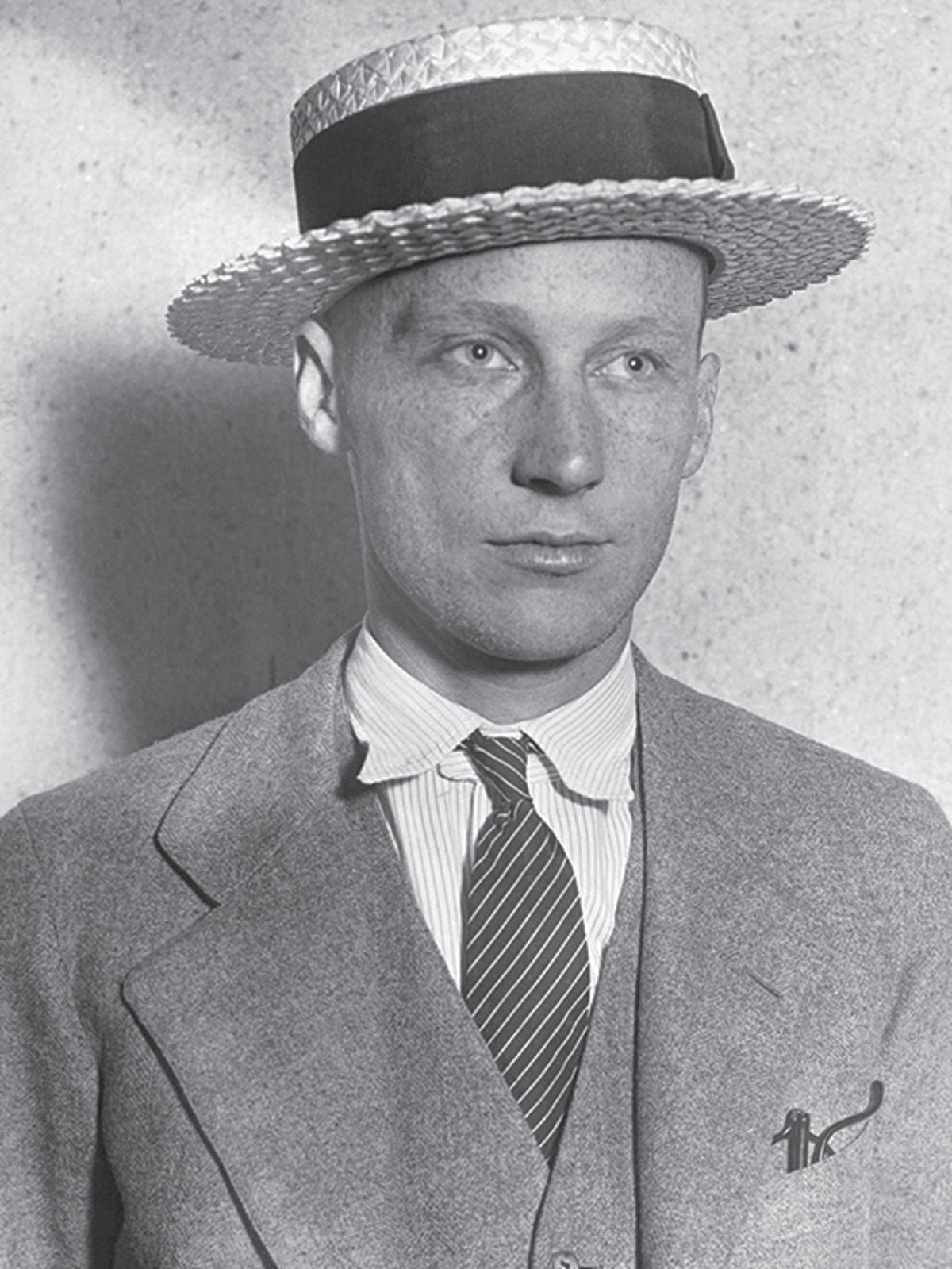This article was published in Scientific American’s former blog network and reflects the views of the author, not necessarily those of Scientific American
Gary Scott hadn't realized that he wasn't supposed to teach evolution. But on April 13, 1967, the young Jacksboro, Tenn., science teacher was fired for violating section 49-1922 of the Tennessee Code—the so-called Butler Act, also known as the “Monkey Law,” under which a different young science teacher in Tennessee was indicted, prosecuted and convicted 42 years earlier, in The State of Tennessee v. John Thomas Scopes. Thanks in part to a legal challenge filed by Scott to the constitutionality of the Butler Act, the Tennessee legislature decided to repeal the law, and the governor signed the repeal measure on May 18, 1967. Shortly thereafter, the remaining state bans on the teaching of evolution—in Arkansas and Mississippi—were ruled to be unconstitutional in the courts.
Half a century later, though, the schools are still not entirely safe for evolution.
From Scopes through Scott to today, science teachers have been in the trenches of the evolution wars, bearing the brunt of conflicting forces from science and society. In science, evolution is universally accepted on the basis of overwhelming evidence from diverse lines of inquiry. In society, however, it is often regarded with suspicion, arising mainly from a view that evolution conflicts with the creation accounts of the Bible.
On supporting science journalism
If you're enjoying this article, consider supporting our award-winning journalism by subscribing. By purchasing a subscription you are helping to ensure the future of impactful stories about the discoveries and ideas shaping our world today.
The magnitude of the disconnection between science and society is suggested by a survey conducted by the Pew Research Center in 2014, according to which 98 percent of American scientists accepted evolution, but only 62 percent of the American general public agreed, with 34 percent preferring a creationist alternative—“Humans have existed in their present form since the beginning of time”—instead.

John Scopes, subject of the famous “monkey trial.”
Credit: Bettmann Getty Images
Not all of those 31 percent vehemently deny evolution, to be sure. Surveys that allow respondents to indicate their level of confidence in their answers or that add “don't know” and “not sure” as possible answers reveal substantial ambivalence and uncertainty in public opinion on evolution, with relatively few ardent creationists. But in a climate of doubt, denial is able to exert disproportionate influence.
Prompted by fundamentalist religious attitudes, doubt and denial about evolution motivated the passage of the Butler Act in Tennessee in 1925. They have not disappeared in the 50 years since its repeal. The strategies used to launch attacks on the teaching of evolution in the public schools have mutated, however, striving to adapt to shifting legal, political and educational landscapes.
When banning the teaching of evolution failed as a strategy, evolution's opponents were forced to take a different approach: calling for the teaching of a supposed alternative to evolution for the sake of balance. The alternatives—biblical creationism, creation science, intelligent design—were advanced with increasingly determined attempts to conceal their religious basis in the hope that they would survive the scrutiny of the courts.
But these alternatives were found to be unconstitutional at every turn. A Tennessee state law requiring textbooks to include biblical creationism was struck down in 1975; Arkansas and Louisiana state laws requiring balancing evolution with creation science were struck down in 1982 and 1987; and a Pennsylvania school district's policy requiring the presentation of intelligent design was struck down in 2005.
Even before the legal defeat of intelligent design in Pennsylvania, evolution's opponents were already beginning to try yet a different tack: requiring, or more commonly allowing, science teachers to misrepresent evolution as scientifically controversial, often under the rubric of academic freedom. More than 70 such bills have been introduced since 2004, with three enacted, in Mississippi, Louisiana and Tennessee.
It is unclear to what extent science teachers in those three states take advantage of those laws. But according to a national survey conducted in 2007, about one in eight public high school biology teachers present creationism as scientifically credible in their classrooms, despite the unconstitutionality of the practice. Scientific, educational and legal concerns are often overridden by personal or community attitudes of doubt and denial.
Indeed, the same survey revealed that six in 10 of the instructors were teaching evolution less than forthrightly—compromising on the accuracy, completeness or rigor of their treatment, often for fear of provoking a creationist backlash. Such fears, sadly, appear to be warranted: more than one in five of the teachers reported experiencing community resistance to their teaching of evolution.
Fortunately, the treatment of evolution in state science standards is getting better on the whole, which means that textbooks, curricula and, ideally, teachers are following suit. But scientific knowledge and pedagogical know-how are not the only equipment that educators need to teach evolution. They also need the confidence to persist, even in the face of doubt and denial.
Creationists are as active as ever, with a few even in the bully pulpits afforded by high political office. And the legal rulings that established the obstacles that have so far thwarted attacks on evolution education could be overturned by a reactionary Supreme Court or circumvented by public support of religious schools not subject to constitutional strictures. So the evolution wars are by no means over.
Gary Scott's own service in the evolution wars was for just a brief skirmish: he was reinstated—with back pay—at Jacksboro High School even before the Butler Act was repealed. He wasn't the last science teacher to play the role of hero in the contentious history of evolution education in the U.S. But science teachers shouldn't have to engage in heroics to present evolution forthrightly, without fear and beyond reproach.